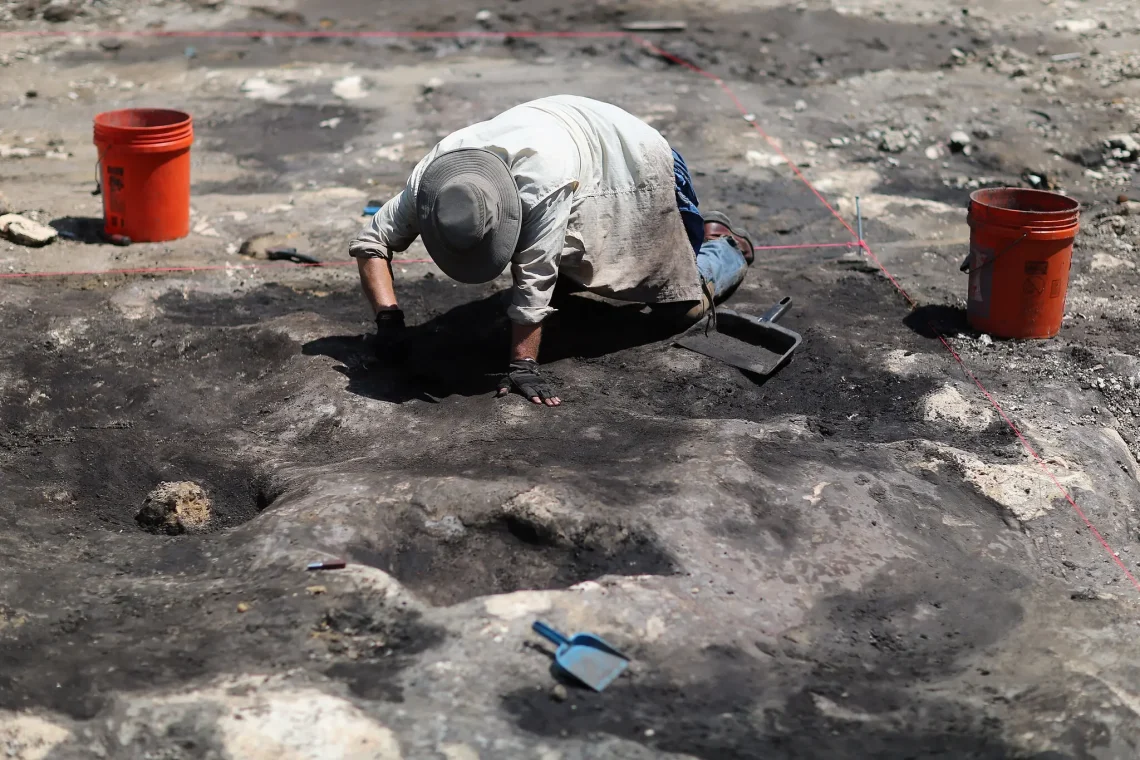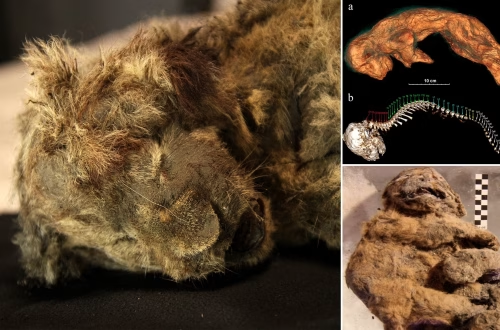The administration of President Donald Trump has proposed significant reductions in federal funding that are poised to disrupt archaeological research and preservation efforts across the United States. These cuts, detailed in a recent budget proposal, have raised alarm among archaeologists, who warn that the nation’s ability to protect and study its historical sites is at risk. The measures, which require congressional approval, have sparked concern about the long-term impact on America’s cultural heritage as the country approaches its 250th anniversary in 2026.
According to a report by The New York Times, federal support for archaeological research, preservation, and museums has been sharply reduced over recent months. Staff layoffs, project cancellations, and the scaling back of federal agency operations have affected academic, private, and government sectors involved in archaeology. Christopher D. Dore, president of the Society for American Archaeology, told The New York Times, “We are getting cut off at the knees.” He highlighted the “incalculable” financial and cultural cost of these reductions, noting the irony of diminishing efforts to preserve history on the eve of a major national milestone.
The annual conference of the Society for American Archaeology, one of North America’s largest gatherings of archaeologists, saw a notable absence of federal agency representatives this year. Typically, the event features a strong government presence, but travel funding was abruptly withdrawn for many federal archaeologists. Some researchers believe this was due to conference topics touching on diversity, equity, and inclusion (DEI), which have been targeted by the Trump administration as part of its broader push to eliminate what it deems wasteful spending. Sessions on climate change and cultural resource workshops were also reported absent, though the reasons for these cancellations remain unclear.
The budget cuts are part of a broader plan to reduce non-defence discretionary spending by $163 billion for the 2026 fiscal year, encompassing sectors such as education, health, and housing, as outlined in Trump’s budget proposal released on 2 May 2025. This blueprint, which aims to shrink the federal government’s role, proposes the elimination of funding for the National Endowment for the Arts, the National Endowment for the Humanities, and the Institute of Museum and Library Services, all of which support archaeological and cultural preservation efforts.
Archaeological sites, which are non-renewable resources, face increased risks from looting, visitor damage, erosion, and activities such as cattle grazing on federal and tribal lands. Dr. Dore warned that insufficient staffing could undermine the ability to supervise and protect these sites, stating, “Once destroyed, sites and the information they hold are gone forever.” The cuts also threaten academic institutions and private firms that rely on federal grants for fieldwork and research, potentially stifling future discoveries about America’s past.
The reductions come at a time when the US is grappling with broader cuts to scientific research. A separate New York Times article noted that funding for the National Science Foundation (NSF) has dropped significantly, with grant funding for biology, physics, and engineering disciplines falling by up to 85% in 2025 compared to the 2015-2024 average. These cuts, combined with the archaeology-specific reductions, could have long-term consequences for the nation’s scientific and cultural output, with economists warning of economic damage equivalent to a major recession.
Critics of the budget cuts, including Democrats and some Republicans, have voiced strong opposition. Senate Minority Leader Chuck Schumer described the proposals as “heartless” and an “all-out assault on hardworking Americans.” House Speaker Mike Johnson has endorsed the budget blueprint, though some Republicans have expressed unease about the scale of the reductions, particularly their impact on cultural and scientific programmes.
As the US prepares to commemorate its founding, the archaeological community is calling for a renewed commitment to preserving the nation’s heritage. Without adequate funding and staffing, experts fear that irreplaceable historical sites and the knowledge they hold could be lost forever.




